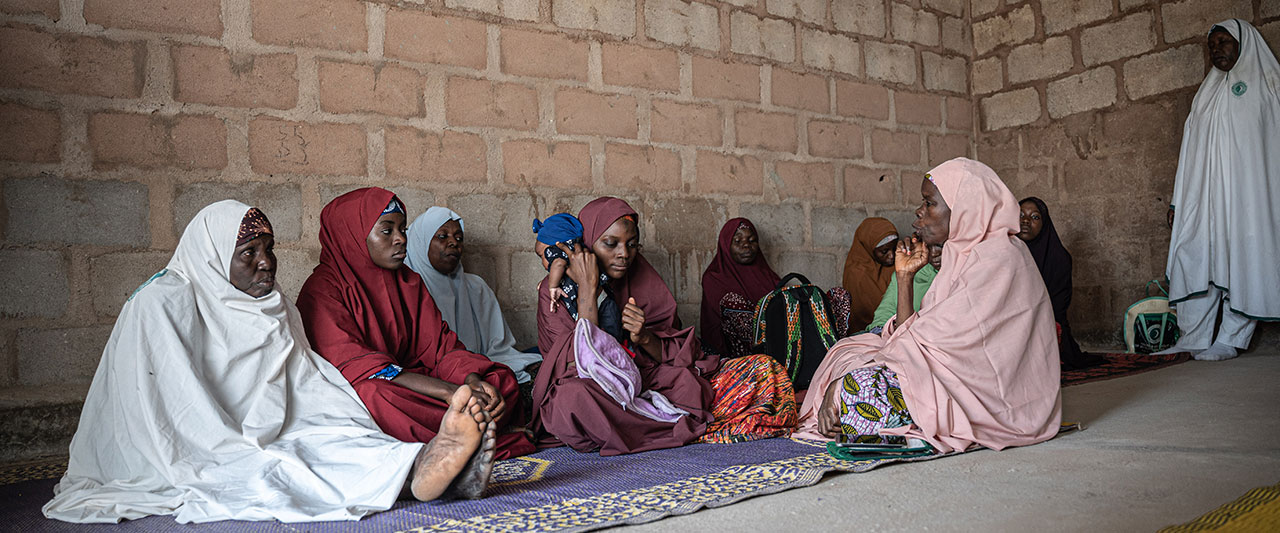In Nigeria, getting a safe abortion is already an uphill battle. But for women living with disabilities, it can be nearly impossible. With support from the Ipas Collaborative Fund, the locally based SAIF Advocacy Foundation is paving the way to ensure that everyone can access the quality abortion care they have a right to.
Abortion is only legal in Nigeria to save a woman’s life, and factors like stigma, cost, and lack of trained health providers make it difficult for women to access abortion even when their lives are at risk. Not surprisingly, many people resort to abortion with unsafe methods. Some die, and many suffer injuries. Ipas has long worked in Nigeria to ensure that high-quality treatment for complications of unsafe abortion (often called postabortion care) is widely available, but barriers remain.
For women with disabilities, the barriers to quality abortion or postabortion care are even greater. Disability stigma, inaccessible health-care facilities, and lack of needed assistance with communication and transportation create a difficult path to essential health care. People with disabilities often need specialized support before, during, and after their abortion care, yet encounter a system woefully unprepared.
Empowering local experts: Those who know their communities best lead the way
Based in Gombe, a Muslim-majority state in Northeastern Nigeria, SAIF Advocacy Foundation fights to break down the stigma around abortion. They work with local groups to ensure everyone can get the sexual and reproductive health information and care they need, including legal abortions and postabortion care.
“Funding from Ipas helped us empower local organizations to integrate abortion programming and helped community members understand the impact of stigma,” says Farida Muhamed, program officer from SAIF. “These efforts helped us to identify crucial gaps in access and how to address them.”
SAIF is a 2024 recipient of the Ipas Collaborative Fund and will continue its grassroots-focused work to build abortion care that’s inclusive of people with disabilities. In 2022, with support from an Ipas Collaborative Fund grant, SAIF helped 15 community health organizations in Nigeria by training them on reproductive rights, disability access and how postabortion care can save lives. In turn, those organizations were able to integrate postabortion care support into their existing health-care programs. By building awareness of what inclusive health care looks like—and why abortion access is so essential—SAIF’s trainings reduced stigma and barriers to abortion care for the women and girls these groups serve.
The ripple effect of SAIF’s efforts continued to spread. With their new knowledge and experience, the 15 SAIF-supported groups then partnered with more local leaders in 12 neighboring communities to raise awareness about postabortion care, further amplifying their impact.
“When we fund local organizations like SAIF, we trust and empower them to invest where their communities need sexual and reproductive health and rights resources the most.”
— Doris Ikpeze, Partnerships and program manager, Ipas Nigeria Health Foundation
The images here, photographed by Nelson Apochi Owoicho for Ipas, give a close-up look at the people and local organizations involved in this project as it was unfolding.
Everyone deserves compassionate and accessible postabortion care. Helping organizations reach people with disabilities builds a more supportive, inclusive health-care system for all.
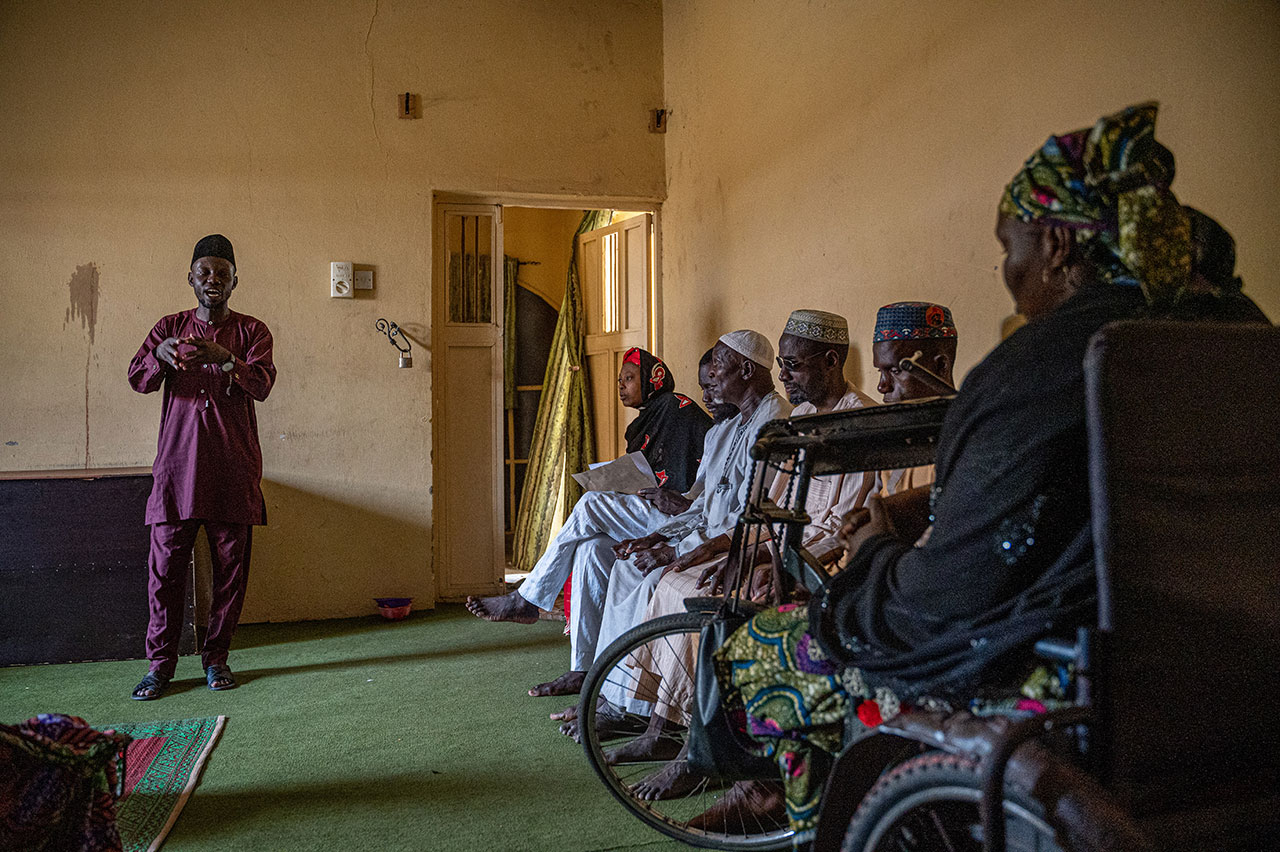
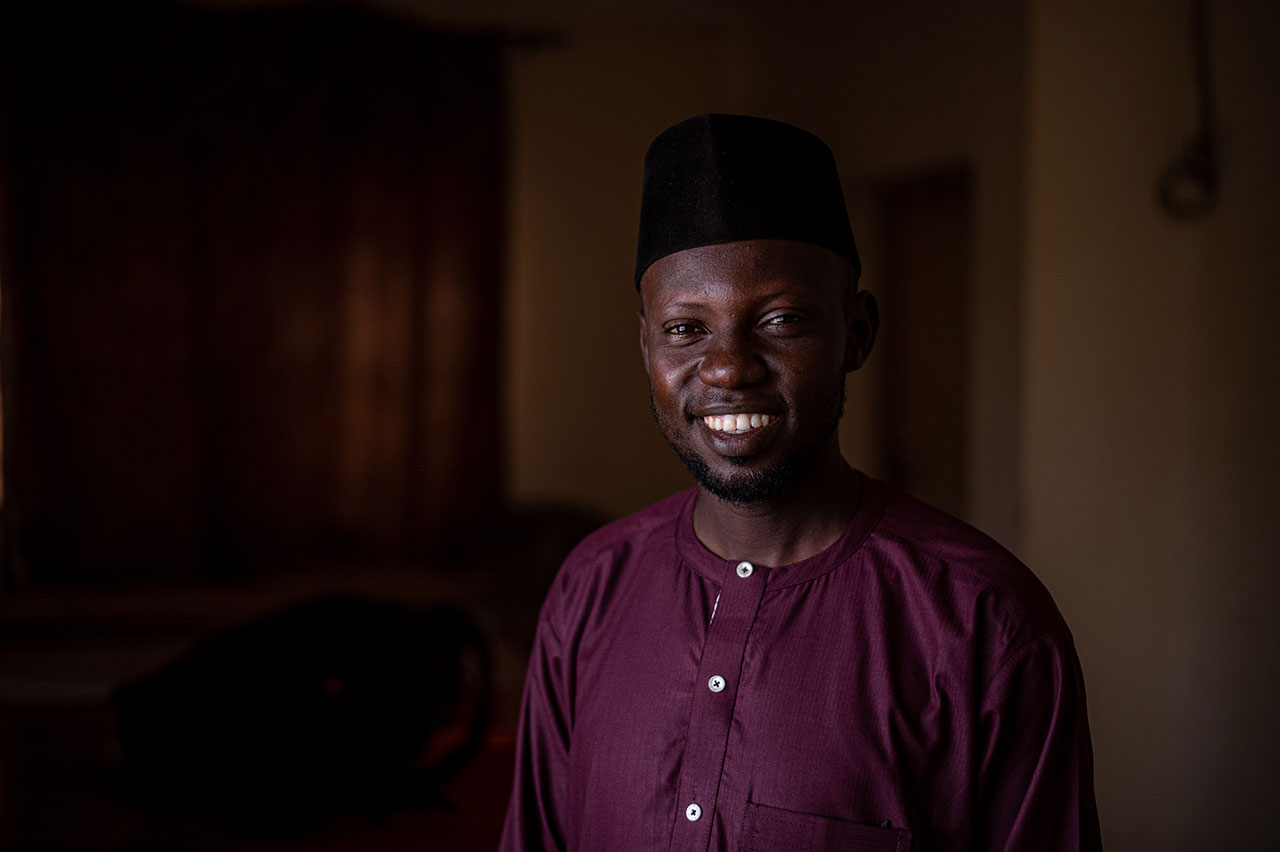
“This training has changed the perceptions of a lot of people, mostly people living with disabilities,” says Kabiru Muhammed, with Guidance and Counselling Development Association, a community organization in Gombe focused on health, education, and peace and conflict resolution. His organization received support and training from SAIF Advocacy Foundation to improve access to postabortion care for people with disabilities. “Ipas really made a huge effort with SAIF Advocacy to help community organizations integrate postabortion care services into their strategic plans and in their activities,” he says.
Collaborating with groups led by people with disabilities fosters authentic solutions by prioritizing communities’ lived experiences and expertise.
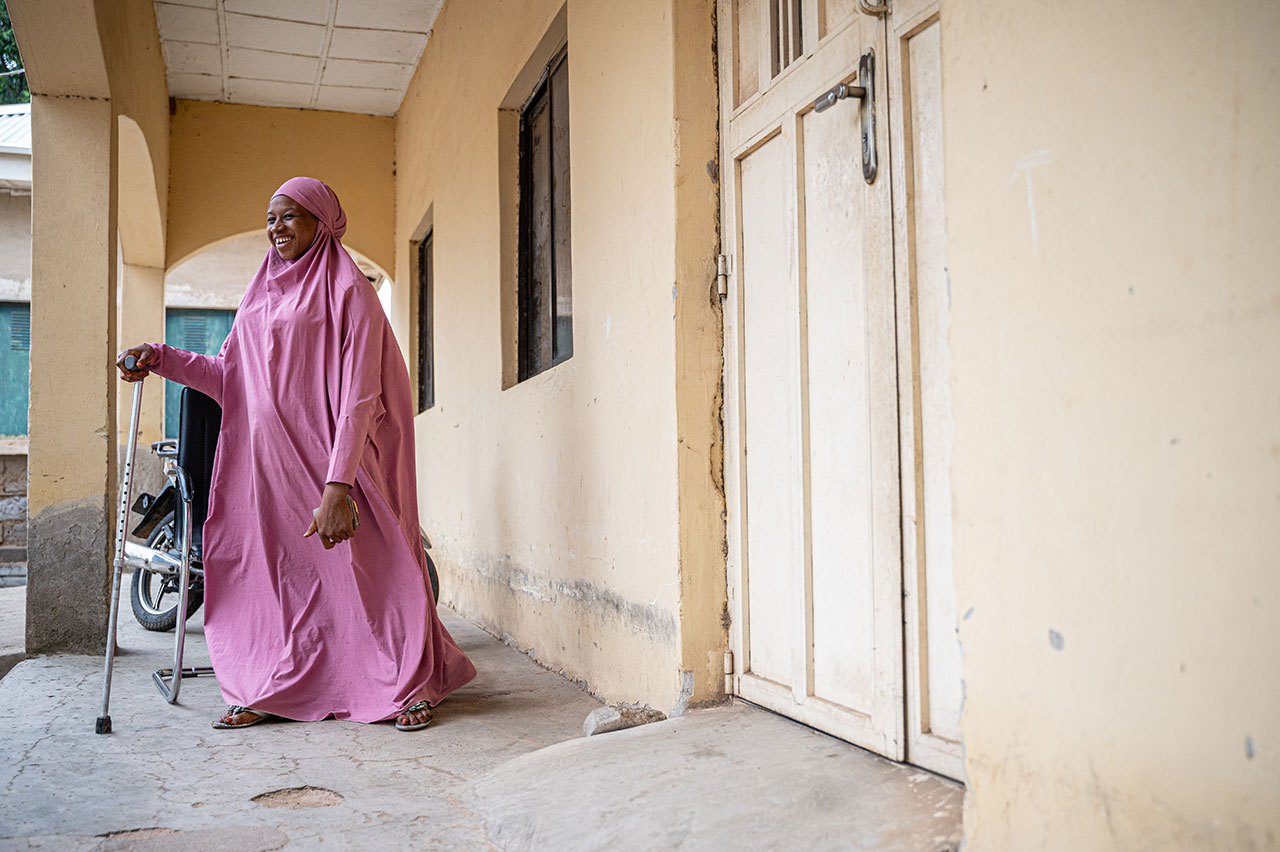
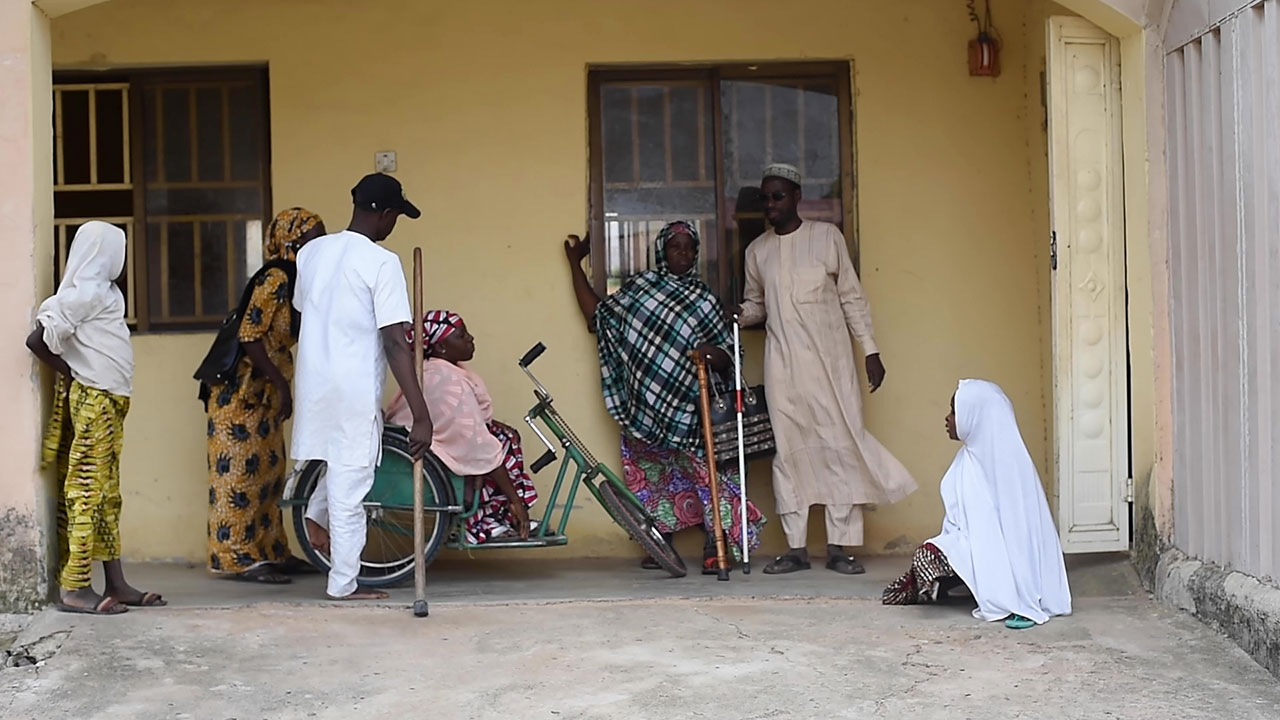
“I am very excited about this program,” says Munira Saleh, program officer of the Joint National Association of Persons with Disabilities. Her organization received training on abortion and postabortion care. “My message to SAIF and Ipas is that we really appreciate the inclusive program. We are part of this program—persons with disabilities. I will also advise Ipas and SAIF to sustain this program and to expand it to other communities in Gombe,” she says.
Partnering with faith-based groups builds trust and understanding with communities who might not otherwise be reached, creating positive change from within.
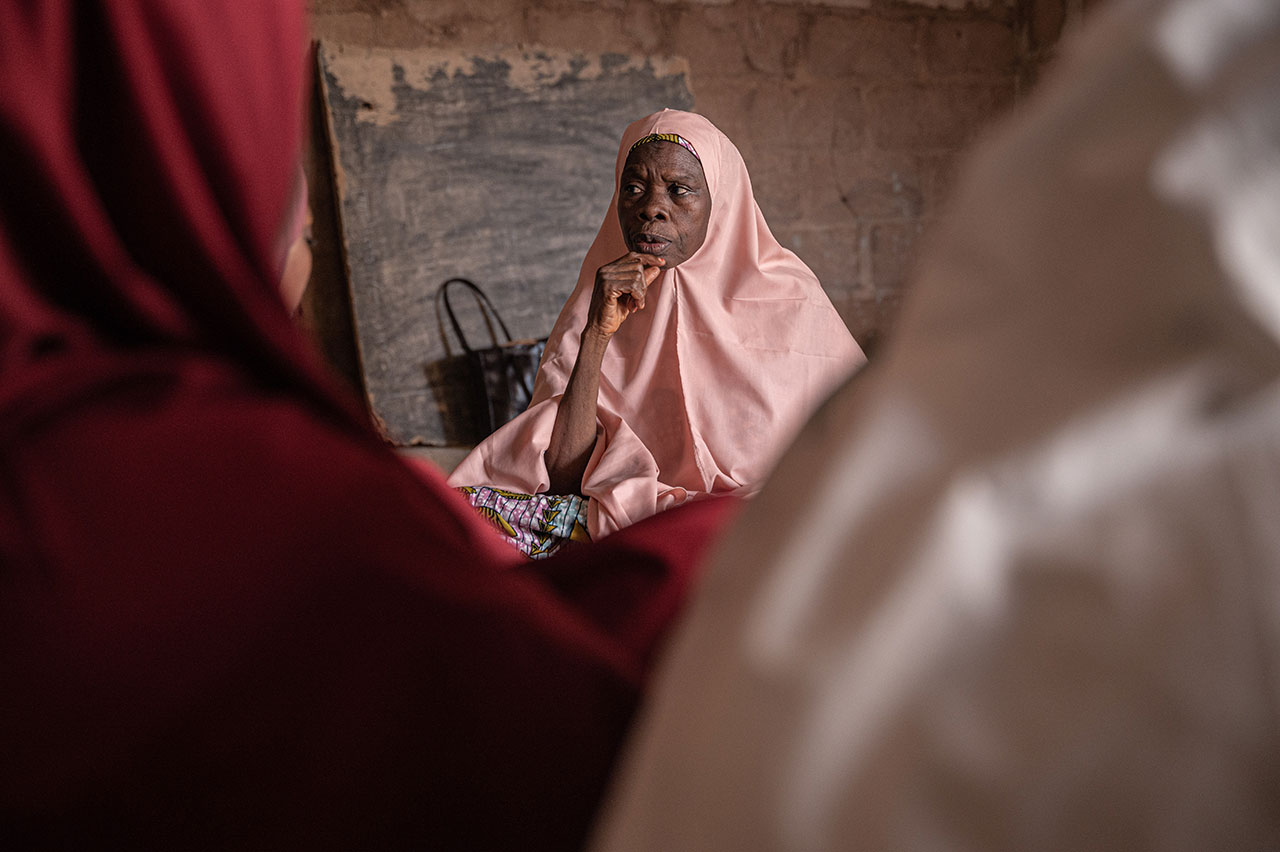
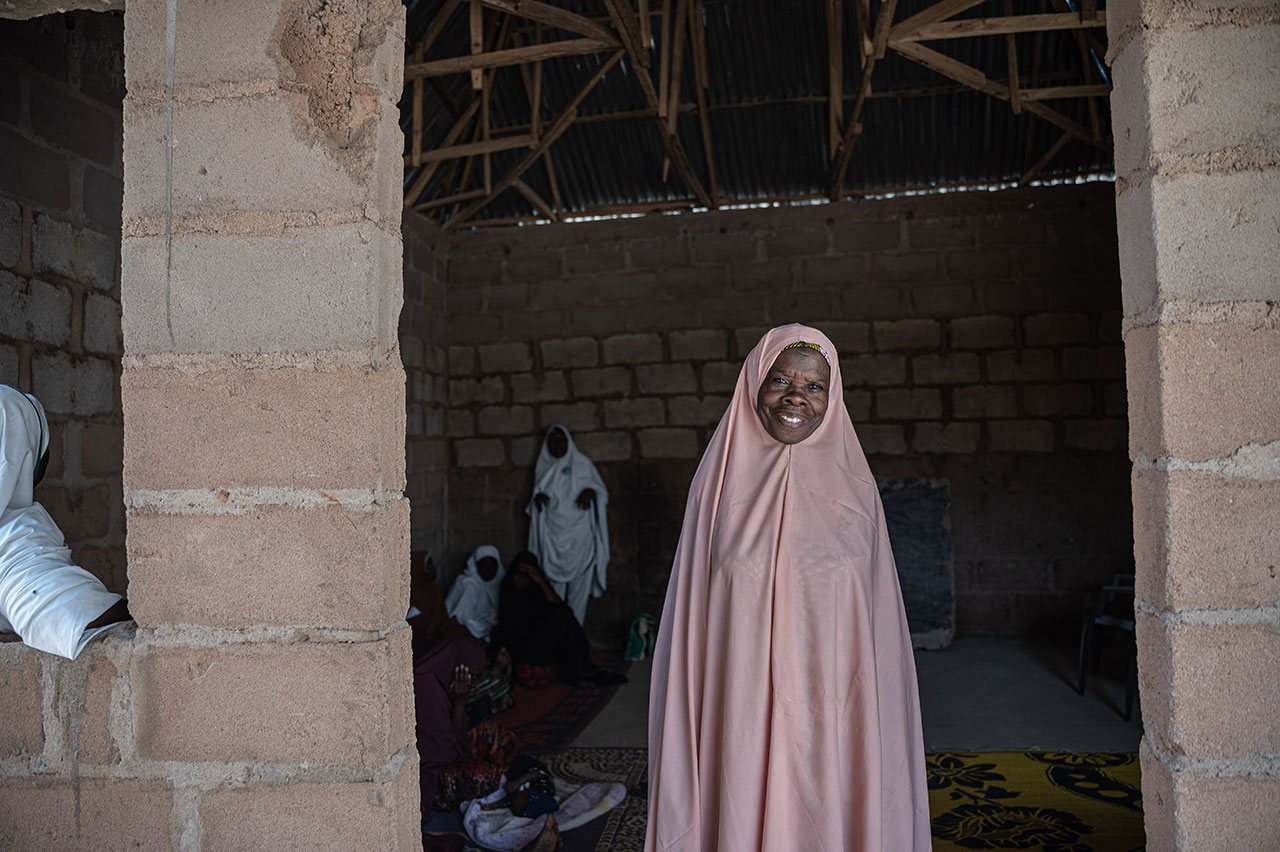
“As a result of this training, I have been able to share information on issues that need to be supported so that we can save lives,” says retired health professional Yelwe Abduwlahi. She attended a training with the SAIF-supported Federation of Muslim Women Associations in Nigeria (FOMWAN), a faith-based organization working with the government in Gombe on various issues, including gender-based violence. “It has increased my knowledge greatly; I’m grateful,” she continues. “We hope for such trainings to continue because cases of rape and gender-based violence are on the rise.”
SAIF continues to soar with a new Ipas grant
Inspired by the tangible impact SAIF has achieved in Gombe, Ipas is proud to fund them again in 2024. With this renewed partnership, SAIF is helping build a healthier and more equitable future for communities in Nigeria.
Using insight gained from their 2022 successes, SAIF will use the additional funding to help even more women and girls with disabilities get vital health care. “SAIF applied again to the Ipas Collaborative Fund to build on the impact made in Gombe state,” says Muhamed. “We aim to address gaps in access.”
By integrating information on abortion care and sexual and reproductive health and rights into disability-focused programs run by organizations led by people living with disabilities, SAIF aims to dismantle barriers and ensure vital knowledge and care reaches more women and girls who need it.
Over half of Nigeria’s 25 million people with disabilities are women, according to the World Report on Disability, which also shows that women and girls with disabilities are more likely to experience a range of negative outcomes, including poverty, unemployment, and violence. With support from Ipas, SAIF can better address these challenges and help ensure that women and girls with disabilities in Nigeria can reach their full potential and live fulfilling lives.


